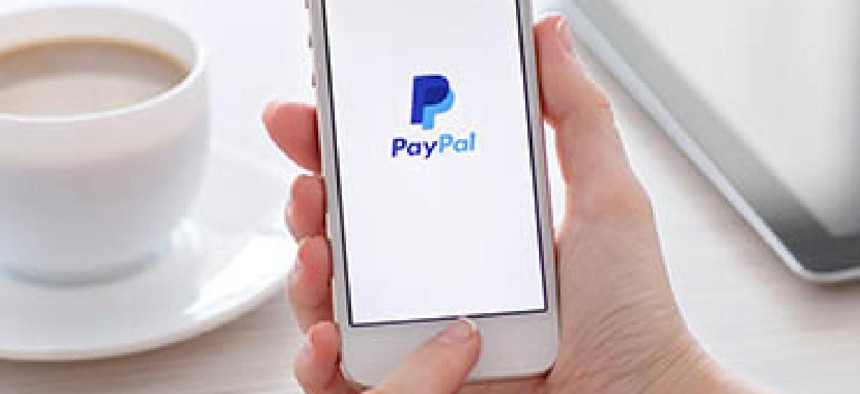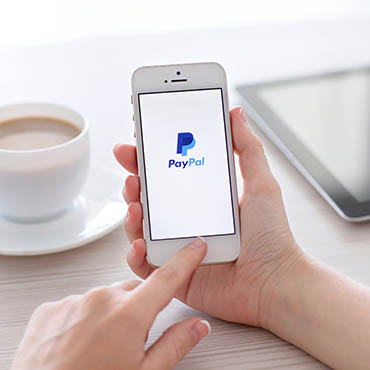Pay.gov now takes Paypal, Dwolla

Apple Pay could be available for consumers to use in some federal transactions, such as entry fee payments at national parks, by September.

(Image: Denys Prykhodov / Shutterstock.com)
The federal government's web portal for collecting payments to federal agencies now accepts PayPal and Dwolla.
The move by the Treasury Department’s Bureau of the Fiscal Service brings the portal in line with similar digital payment options offered by private sector websites.
The federal government is also working with financial institutions to support the use of Apple Pay to facilitate electronic transactions for federal workers, but isn't there yet.
"Apple, Visa, MasterCard, Comerica Bank and U.S. Bank are committed to working together to make Apple Pay, a tokenized, encrypted service, available for users of federal payment cards, including DirectExpress and GSA SmartPay cards," said a statement issued ahead of the White House's Feb. 13 Summit on Cybersecurity and Consumer Protection at Stanford University in Palo Alto, Calif.
Speaking at the summit, Apple CEO Tim Cook said his company is working to make Apple Pay available for consumers to use in some federal transactions, such as entry fee payments at national parks, by September.
According to the Treasury Department, the latest implementation with PayPal and Dwolla is part of an ongoing effort to move away from paper-based processes to secure electronic transactions.
"Digital wallets provide convenience, simplicity, and a trusted customer experience, while achieving cost effectiveness for the federal government," Corvelli McDaniel, assistant commissioner for revenue collections management for Fiscal Service, said in a Feb. 18 statement.
Fiscal Service said it collected $3.73 trillion in fiscal 2014 and processed 400 million transactions through several programs, including Pay.gov, with almost 98 percent -- or $3.69 trillion -- settled electronically.
NEXT STORY: Pushing ahead on spectrum sharing


